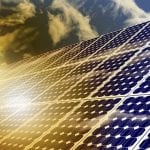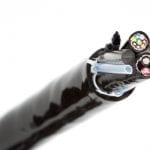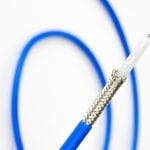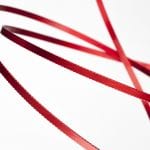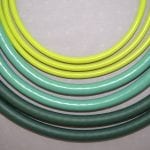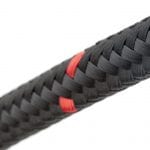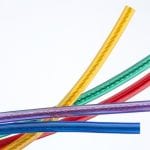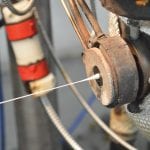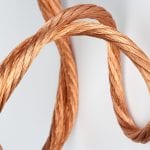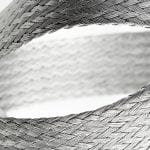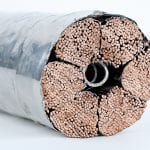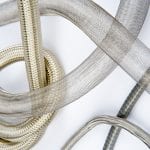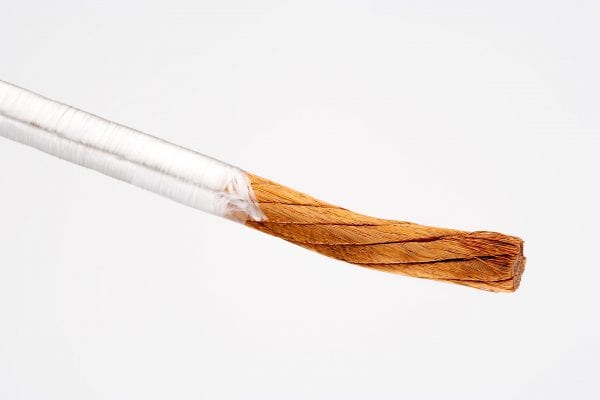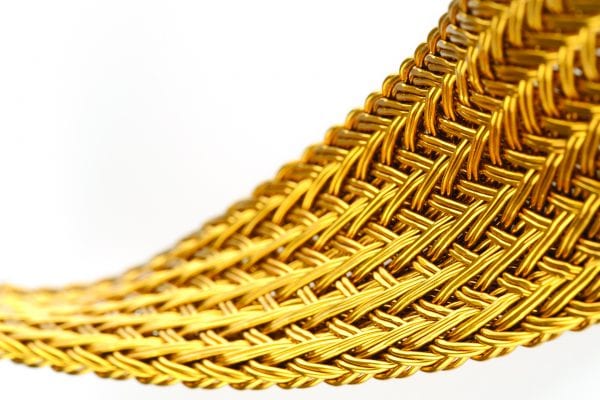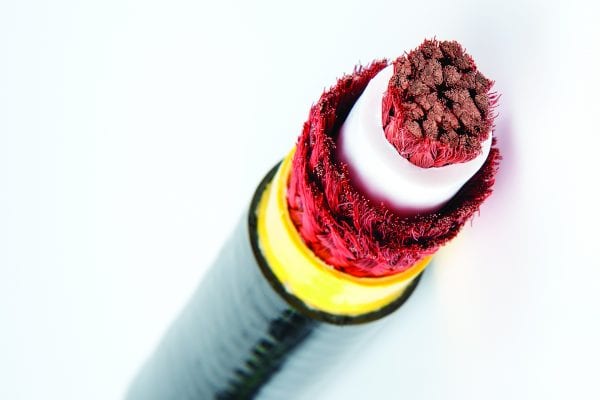Need help selecting a tape or fiber insulation for your Litz cable? The tables below show some of the commonly used tapes and fibers, but more options are available. If you need any assistance selecting a material type, just contact us – we’re here to help!
| Tape Insulation | Recommended Max. Use Temperature | Characteristics |
|---|---|---|
| Polyester (PET) Mylar® (Heat sealable grades available) | 135°C | - High dielectric strength - Good abrasion often used as binder or barrier under extruded jackets and textile serves or braids |
| Nomex® (aromatic polyamide) | 200°C (Up to 220°C under certain conditions) | - Excellent thermal properties - Excellent electrical properties - Excellent compatibility with varnishes, adhesives and transformer fluids - Thinner grades are flexible - Good resistance to tearing and abrasion |
| Polyimide Kapton® (Heat sealable & adhesive grades available) | 240°C (Up to 400°C under certain conditions) | - Very high dielectric strength - Very good chemical resistance - UL 94 V-O flame rating - Excellent mechanical properties |
| Fiberglass Cloth | Ultimate operating temperature determined by application and glass type | - Excellent electrical properties at high temperatures - Conformable - Varnish compatible grades available - Excellent solvent resistance |
| Mica | Ultimate operating temperature determined by application and glass type | - Excellent electrical properties at high temperatures - Conformable - Varnish compatible grades available - Excellent solvent resistance - Flame resistant - Retains useful electrical properties during and after exposure to fire |
| Fiber Insulation | Recommended Maximum Operating Temperature | Advantages | Considerations |
|---|---|---|---|
| Cotton | 135°C | - Low cost Serving - Good resistance to abrasion | - Poor space factor compared to Nylon or Polyester - Non-solderable |
| Nylon | 155°C | - Good space factor - Excellent abrasion resistance - Solderable | - Hygroscopic |
| Dacron® (Polyester) | 155°C | - Good abrasion resistance - Solderable - Slightly higher maximum operating temperature than Nylon | - Better space factor than Cotton or Glass but poorer space factor than Nylon |
| Nomex® (High Temperature Nylon) | 250°C | - Good space factor - Good electrical properties at high temperatures | - Non-solderable - Higher cost than other fibers |
| Glass | 260°C | - Good electrical properties at high temperatures | - Space factor equivalent to Cotton - Non-solderable |


